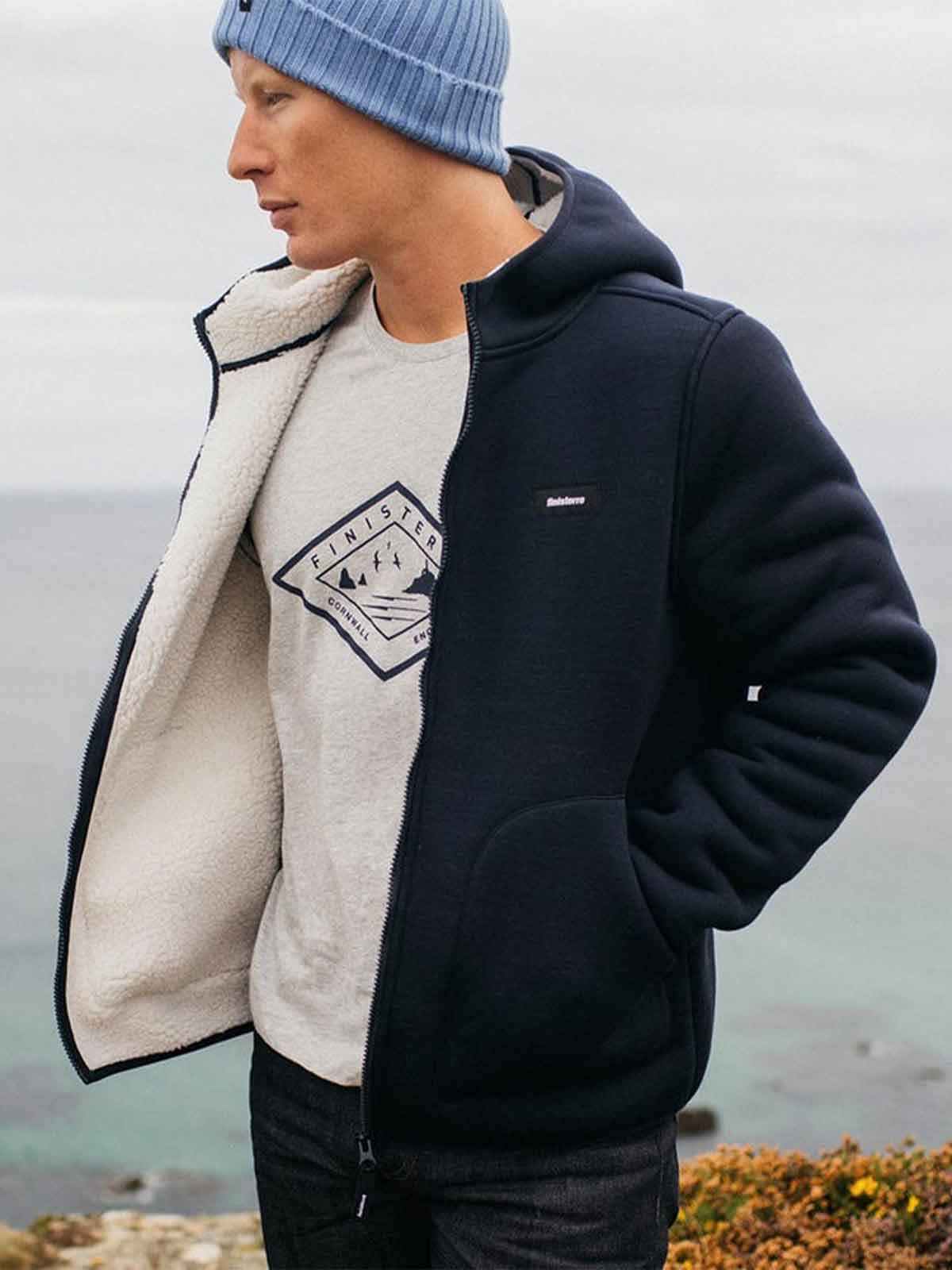How can we encourage our friends to shop more ethically and sustainably? Much of the time, the people around us want to make positive changes in their lives—they just don’t know where to start. By sharing our passion for conscious consumerism with our loved ones, we can help support an industry on the brink of a revolution. Keep reading to discover our five simple steps to encourage your friends to shop ethically and sustainably.
How to plant the more sustainable fashion seed
It’s undeniable—our consumer choices are having a devastating impact on the planet and its inhabitants. Whether it be pollution, land clearing, unsustainable production, waste, unfair wages, or animal cruelty, there is a moral responsibility that comes with our quick or spontaneous purchases and what they mean for everyone involved in those supply chains. Maybe you’re a seasoned expert on sourcing ethical and sustainable products, just starting out, or somewhere in the middle? Whatever stage you’re at, approaching shopping more sustainably and ethically can help solve some of these issues. But it’s even more effective if those around you get on board, too.
The shift to consciously consuming is enriching and motivating. It presents opportunities to reduce our footprint across our lives: our homes, travel, possessions, and a large piece of that puzzle—our clothing. But how enjoyable and effective is it to approach life this way on our own? What about the people and communities around us? While it can certainly feel meaningful as an individual to elect such lifestyle shifts, the widespread positive impact comes when we see a wave of people making small changes. The ultimate question becomes, “how can we encourage our friends to shop more ethically and sustainably?” It can be a tough conversation, but it’s worth having. Here’s how to plant that sustainable fashion seed.
Share your story
Before talking to your friends about their shopping habits, a fundamental element to approaching our lives through a more ethical and sustainable lens long term is identifying why we are doing it in the first place. What is your “why?” How did you reach a point where you want to encourage those around you? This self-reflection is vital and will help your friends better grasp how you made the shift and understand the support you’re well equipped to provide.
Sharing your story is crucial because sometimes encouragement can be interpreted as judgement. Why not reveal some of your own truths so they can relate? Maybe sometimes you see an advertisement for some shoes you don’t need, but instinctively still want to buy them? Or when shopping at a second hand store, you sometimes buy something made from polyester, even knowing it will shed microfibres? Honesty and acknowledgement that shifting to shopping more ethically and sustainably is a process goes a long way. Just don’t forget to emphasise the rewarding reasons that motivate you to shop this way, too.
Outline the benefits
In the last few years, we have seen a significant increase in consumer awareness. There are shifting industry standards driven by increased consumer demand for more ethical and sustainable products. With this shift comes an improved system overall, with more clarity and understanding across the board.
Consuming more sustainably has many environmental, economic, and social benefits. For example, ethical brands often apply a slow fashion, circular model to their production processes, which is much less intensive on the whole supply chain, from the people and animals to the planet. These brands provide a level of transparency that far outweighs any fast fashion label and are paving the way for a revived industry that holds ethics and sustainability at the core of all considerations.
At first glance, shopping ethically can seem expensive—but once you weigh up the numbers, you get a different story. The better quality of each garment means they will last far longer, and the monetary cost will be marginal compared to the cost of the damage if you don’t choose more sustainable and ethical options. The overall shift in your shopping mindset to investing in fewer, higher-quality pieces you know you’ll love and wear for years to come will genuinely reshape how you think about shopping and how you spend your time.
To present these benefits to your friends and loved ones, you should be positive about the progress rather than dwelling too much on the negative impacts. After all, this isn’t a guilt trip—it’s an encouragement. The approach is sure to vary depending on your friends, and you know them best.
A quick snapshot of benefits include:
- Aligning your spending habits and consumer behaviour with your values
- Minimising your environmental footprint
- Investing in fewer, well-made pieces that you will own for longer (i.e. quality over quantity)
- Having fewer pieces to help minimise decision fatigue
- Minimising your wardrobe for more space in your home
- Having another common passion with your friends and holding clothes swaps and other group events focused on sustainable and ethical fashion—a great way to keep each other accountable.
Appeal to their specific interests
Make sure to appeal to your friends and loved ones’ passions and interests, e.g. if you know they’re an animal lover, introduce them to quirky eco-friendly leather alternatives that don’t harm our fellow earthlings. This could be shoes made of Piñatex or other recycled materials like Econyl. Maybe they are environmentally conscious and want a brand that has a transparent recycling solution? You can point them to resources like lifelong repair guarantee or return-to-store programs. There are so many fantastic resources and solutions that address the various priorities and questions they may have.
Once you start the conversation, prepare to answer questions and send them to relevant resources. Here are a few helpful articles to get them started:
- What is Ethical and Sustainable Fashion?
- How to Find Sustainable Fashion Brands
- What is Fast Fashion?
- What is Slow Fashion?
- Capsule Wardrobes: How to Build a Sustainable Closet for Life
- How to Reduce the Carbon Footprint of Your Fashion Choices
- What to Do About Microfibres in Clothing
- The Ultimate Clothing Material Guide
Ask questions and show compassion
Some friends might come on board quicker than others, but don’t be discouraged. Regardless of their pace, be sure to ask questions and understand their hesitations if they have any. This is an important step, as one person might be experiencing some form of eco-anxiety while another might feel overwhelmed by issues like plastic pollution. Exercise compassion and remind yourself that the process for them may not be as straightforward as it was for you. Essentially, shopping is a habit just like running, smoking, or anything else—it can take a while to tweak and shift to different patterns of behaviour. Understanding their perspective will also help you encourage others in your family or community to shop more ethically and sustainably.
Share your favourite ethical brands
As your friends start making the shift, you can begin to share with them your favourite brands and why you are enjoying them compared to your previous consumer choices. I personally have a very minimal approach to my wardrobe these days and don’t buy new items often, but when I do, a few of my favourites are Kuwaii, Elk, and Patagonia. I find online stores like Well Made Clothes a good starting point, stocking a broad range of styles.
One rule of thumb that generally makes the transition easier is checking the brand rating on the Good On You Directory or app to ensure a brand is rated either “Good” or “Great”. And while there, also browsing the other valuable resources the platform provides. Once your friends learn which brands are ethical and sustainable, they can also integrate second hand clothing shopping and look for sustainable brands and materials at second hand stores to reduce their impact even further.




















